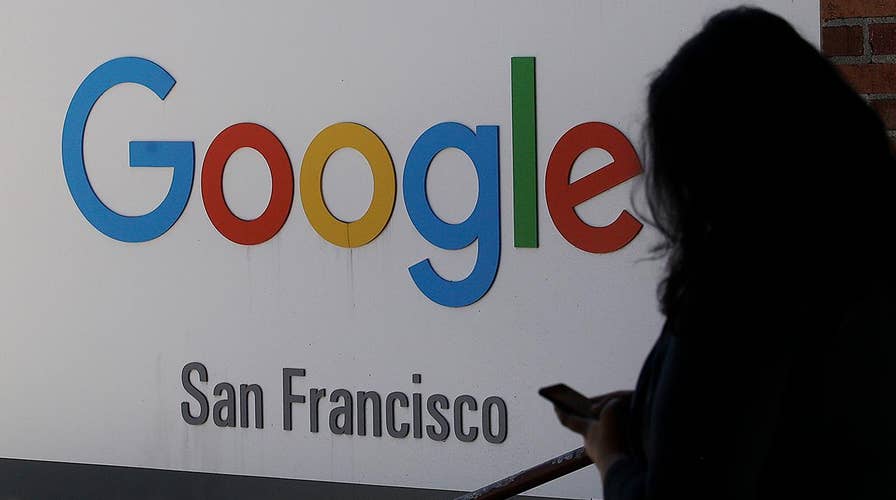Democrats leading push to break up big tech firms
Presidential candidates call for more regulation; Dan Springer has the details.
Should the federal government break up big tech companies like Facebook, Google, and Amazon?
Last week, the House Judiciary Committee began investigating this question, marking Congress’s first major antitrust probe in decades. Members of both parties are understandably concerned about tech giants, with some politicians going so far as to push for major tech firms to be broken up. While antitrust regulators aren’t likely to take such a drastic step, even more modest forms of intervention could end up hurting consumers and competition.
Companies like Facebook, Google, and Amazon may seem dominant today. But as little as a decade ago, Facebook had just overtaken MySpace as America’s leading social network. Google’s Android mobile OS ran on less than one-tenth of smartphones. And Amazon represented a single-digit percentage of the overall e-commerce market.
This isn’t to say that America’s top tech platforms are about to fade into irrelevance like Friendster, AltaVista, and AOL. Rather, the seemingly dominant position of today’s tech giants is unlikely to persist in the long run. Microsoft, the top target of antitrust concerns two decades ago, is now valued at over a trillion dollars. Yet few worry that Microsoft is squelching competition and hurting consumers, in large part because the PC and office productivity software markets don’t enjoy the relative importance they once held.
If antitrust intervention becomes truly necessary, narrowly tailored fixes are vastly preferable to chopping up leading tech companies into pieces.
Forcing Facebook to unwind its purchases of Instagram and WhatsApp or splitting Google into distinct search and advertising businesses won’t suddenly revitalize traditional media companies or resolve allegations that Silicon Valley is biased against conservatives. But it will weaken America’s competitiveness in the global tech industry and chill investment in innovative new startups, many of which aspire to the heights of today’s leading tech companies.
Eighteen of the world’s top 30 tech firms by market cap are American — but just one is based in the European Union. Unsurprisingly, the EU government has long been a critic of U.S. tech firms’ alleged dominance, having slapped American companies with multiple billion-dollar fines involving antitrust violations. U.S. antitrust regulators have taken a much more cautious approach to date. Given Europe’s lackluster position in tech, the United States should think twice before following in the EU’s footsteps.
Antitrust intervention makes it harder for successful startups to grow into large, sustainably profitable enterprises. It shifts the risk-reward proposition of angel investment and venture capital funding. This means fewer bold ideas make it to market, fewer creative thinkers quit their day jobs to become entrepreneurs, and more investable assets end up in the pockets of the very incumbents that advocates of antitrust regulation aspire to weaken.
If Congress wants to protect competition in internet markets, it should block efforts to regulate the tech sector in ways that entrench incumbent firms. For instance, in 2020, a draconian California law designed to protect consumer privacy will go into effect. Only the biggest companies will be able to deal with the law’s broad scope, costly mandates, and potentially massive penalties. Congress should preempt this law to protect internet startups engaged in interstate commerce.
CLICK HERE TO GET THE FOX NEWS APP
Meanwhile, if antitrust intervention becomes truly necessary, narrowly tailored fixes are vastly preferable to chopping up leading tech companies into pieces. Allowing consumers to export their social media profile data or ensuring that tech platforms are interoperable with one another are two less restrictive alternatives to breaking up companies or forcing them to endure decades of intrusive behavioral monitoring.
Giving regulators and judges far greater powers to shape the evolution of the digital marketplace is a risky gambit. There are legitimate reasons to criticize America’s tech sector, but it’s still delivering tremendous value to consumers. Intervening in this dynamic marketplace is likely to entrench incumbent firms, weaken America’s global competitiveness, and deprive us of the rewards of future innovations.









































